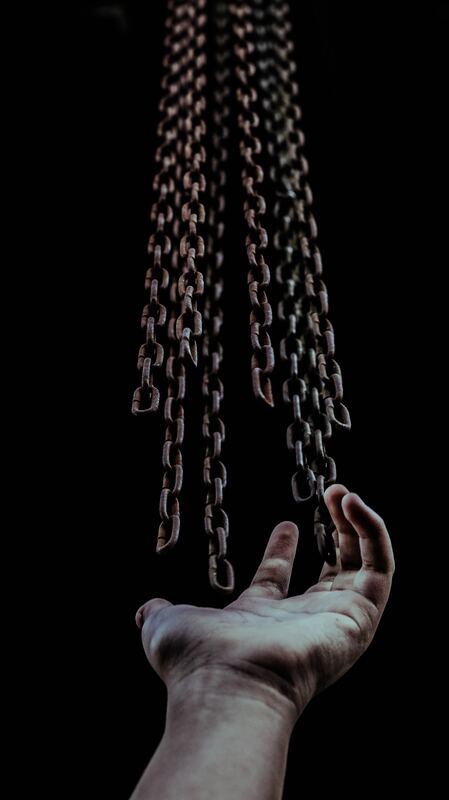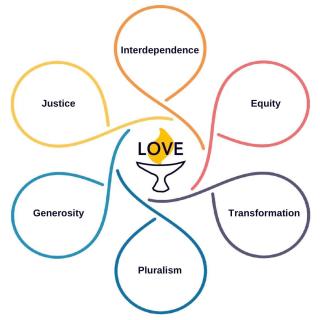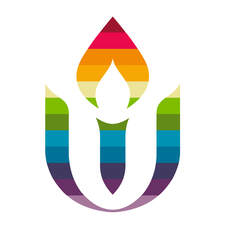|
The story of my involvement with Unitarian Universalism is a story of two hymns. When my I was in high school, my parents moved us across the country, to upstate New York, where we began attending a Unitarian Universalist congregation. A year after we moved, the terrorist attacks on the World Trade Center and the Pentagon shook our community and country. In the aftermath, as many of my classmates were graduating and joining the military, I turned to the Unitarian Congregation of Binghamton New York- and a hymn, set to Sibelious’ Finlandia melody:
My country’s skies are bluer than the ocean, and sunlight beams on cloverleaf and pine; but other lands have sunlight too, and clover, and skies are everywhere as blue as mine. O hear my song, thou God of all the nations, a song of peace for their land and for mine. This was a vision for the world that I needed in that uncertain time. I eventually joined the Peace Corps after college, bringing along a UU hymnal with a post-it note on Lloyd Stone’s lyrics to Finlandia. A few months after I came home from the Peace Corps, hurting in body and heart for reasons too long for a newsletter column, I was sitting in a service at the First Unitarian Church of Baltimore when I heard “We’ll Build a Land.” We’ll build a land where we bind up the broken. We’ll build a land where the captives go free, where the oil of gladness dissolves all mourning. Oh, we’ll build a promised land that can be. We talk a lot about justice in Unitarian Universalist congregations. Our vision for the world is a big one: the world Stone describes as existing with peace among the nations, blue sky and clover all around. That vision calls us forward, whether through our organizing work with Justice in Action, or our attempts to make our own congregation a more welcoming and equitable place. The genius of this tradition is in the second hymn: we are not waiting on a promised land to descend from on high, but a promised land that can be, built by our hands and efforts. As we spend a month talking about Justice in our small groups and in worship, think about what grounds your work for justice in the world? What is the world that you are building? What vision of a promised land that can be calls you on? Photo by Zulmaury Saavedra on Unsplash
0 Comments
In June, delegates to the Unitarian Universalist General Assembly will vote on some of the most substantial changes to our organizing documents in a generation. If passed, the proposal will change Article II of the Association’s bylaws from a list of seven principles and six sources to an interconnected set of values, ‘grounded in liberating love.’ We have centered love for a long time, both in Unitarian Universalism and here at the Unitarian Church of Lincoln. The proposed language, however, presents a theological question: liberation from what?
In our worship services in January, we’ll try to answer that question from a few different directions, considering systems of oppression, Buddhist concepts of liberation, emerging Unitarian Universalist theologies, and how liberation is inseparable from relationship. As the days start to get longer, and we start the long journey toward spring, we will spend the month considering love, and all the ways it frees us from what holds us back. Come join us. |
Details
AuthorRev. Oscar Sinclair serves as the Settled Minister for The Unitarian Church of Lincoln, Nebraska. Archives
March 2024
Categories |
contact us and WE WILL GET BACK TO YOU AS SOON AS POSSIBLE: |
SIGN UP TO RECEIVE
|
THE UNITARIAN CHURCH
|
|



 RSS Feed
RSS Feed

